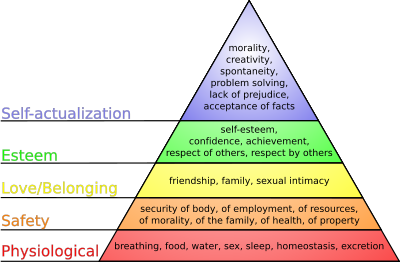“Father Roy Bourgeois, a Catholic priest, torture survivor, Vietnam veteran, Purple Heart recipient and SOA Watch founder faces excommunication by the Vatican.” You will probably ask why. Well, he simply expressed his beliefs. He uncovered his opinion on ordination of women, and was given 30 days to take back his public statement.
This is a very serious case of disobedience of the freedom of speech. Although I believe the Vatican should allow people to criticize them, I think the father did not make the best choice in starting what could be a movement in the Vatican. In my opinion, he should have started in a small church and afterwards progress till reaching higher and higher. In this case, the small and meaningless individual tries to defeat the big, powerful, with a big amount of members, authoritative and influential Vatican. He would have more possibilities of winning and probably more self esteem if he would wait till creating a movement or something similar. Since always, the Christian Church, or any other religious power, was effective in making people not try to criticize them or to go against them. Only slight changes were able to happen, like in the case of Protestantism, in which many people, in many parts of Europe revolted against the Catholic Church. Most ways were similar to this one, or to the more famous Galileo Galilei’s case, in which he demonstrated, with proofs, the fact that the planets orbit around the Sun, and not around Earth. The church punished him with home imprisonment till he took back his comment, to survive. It was only many years later that Copernicus was able to make society accept this fact, so maybe ordination of women still have hope.


